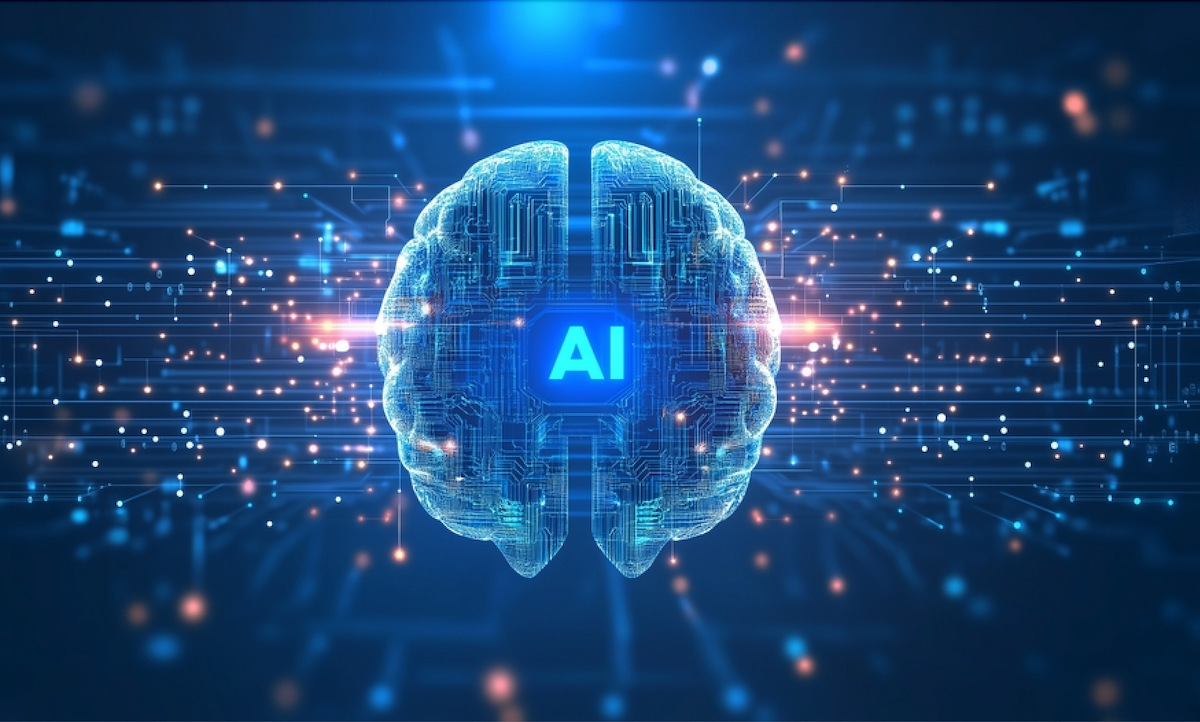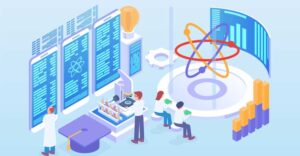In 2025, the AI ecosystem is booming like never before, driven by an intense wave of innovation from the open-source community. As companies and developers seek transparency, control, and customisation, open-source artificial intelligence models are leading the way. Marathalli, known as one of Bangalore’s vibrant tech hubs, is witnessing a surge in professionals and students eager to explore these tools. Whether you’re building a chatbot, analysing data, or experimenting with generative content, these models are empowering creativity and productivity like never before. Enrolling in an artificial intelligence course is often the first step for tech aspirants looking to understand how these tools can be applied across real-world applications.
Let’s dive into the most influential and cutting-edge open-source AI models of 2025 and see what makes them stand out.
1. Mistral 7B & Mixtral Models
Mistral AI continues to challenge big players by releasing compact, high-performance models, such as Mistral 7B and Mixtral, a mixture of experts (MoE) model. These models strike a balance between performance and efficiency, making them ideal for edge computing and deployment in resource-constrained environments. Mixtral, in particular, has gained praise for its ability to activate only a subset of its parameters during inference, optimising memory usage and speed without sacrificing quality.
Marathalli-based startups working on AI-driven SaaS tools are increasingly adopting Mistral models for customer support automation, content generation, and lightweight NLP tasks.
2. Meta’s LLaMA 3 Series
Meta’s LLaMA (Large Language Model Meta AI) series has been dominating the open-source space, and LLaMA 3, released in early 2025, is no exception. Offering multiple models ranging from 8B to 65B parameters, LLaMA 3 delivers near GPT-4 level performance while remaining open and customisable.
What sets it apart is its ability to follow instructions, making it ideal for research, education, and prototyping AI applications. In Marathalli, institutes offering AI bootcamps are incorporating LLaMA 3 into their labs, allowing learners to fine-tune and deploy models on local machines or cloud environments as part of an artificial intelligence course.
3. Gemma by Google DeepMind
Launched by Google DeepMind, Gemma is a compact yet powerful LLM built with responsible AI in mind. Designed for researchers, Gemma emphasises safety, openness, and performance. The model has been widely adopted for content moderation, legal AI tools, and ethical chatbot applications.
Gemma 2025 supports instruction tuning and comes with a complete toolkit, including model weights, tokeniser, and evaluation benchmarks. In Marathalli’s growing AI community, particularly in co-working spaces and innovation labs, Gemma is gaining traction for building transparent AI prototypes that adhere to ethical compliance.
4. OpenChat & Dolphin LLM
OpenChat and Dolphin are two rapidly growing open-source conversational AI models. OpenChat focuses on instruction-based interactions and is trained to follow user prompts effectively in multi-turn dialogues. Dolphin, based on LLaMA, brings improvements in reasoning, making it suitable for educational tools and coding assistants.
Educational institutions and coding boot camps in Marathalli are incorporating OpenChat into their AI project workspaces, offering students a hands-on experience in prompt engineering and real-world NLP applications. These models prove invaluable when learners seek to build their versions of customer assistants, code companions, or content summarisers.
5. Command R+ by Cohere
If you’re looking to explore retrieval-augmented generation (RAG), Command R+ by Cohere is among the best models available in 2025. This multilingual model is designed to ground generated responses in real-time, external information.
Marathalli’s content-driven platforms, particularly in the ed-tech and health-tech sectors, are adopting RAG-based architectures utilising Command R+ to deliver search-enhanced and context-rich answers. Since the model supports both generation and retrieval out of the box, it’s a favourite among developers who need accurate and fact-based responses in their AI tools.
6. Qwen and Yi Series from China
In 2025, Chinese companies like Alibaba and 01.AI continue to impress with open models such as Qwen 2.5 and Yi 1.5. These models offer competitive performance, especially in multilingual settings, which is helpful in cosmopolitan areas like Bangalore, where diverse languages are spoken.
Startups in Marathalli involved in e-commerce, regional translation, and voice-based AI are experimenting with Qwen for generating product descriptions in multiple Indian languages, and Yi for improving chatbot interactions across various dialects.
7. Phi-3 by Microsoft
Microsoft’s Phi-3 family has made waves as one of the most capable small language models. Ideal for mobile devices and embedded systems, Phi-3 can generate, summarise, and translate content with high efficiency and low latency.
In tech accelerators and device-focused startups around Marathalli, Phi-3 is being used to build personalised AI assistants for mobile apps, smart home devices, and even healthcare monitoring tools.
8. Lamini – AI for Enterprise Tuning
Lamini isn’t just a model—it’s a platform to fine-tune LLMs in secure, scalable enterprise environments. Open-source yet commercial-friendly, Lamini enables developers to fine-tune any open model without compromising data privacy or model transparency.
Marathalli’s enterprise solution providers, particularly those serving financial and logistics firms, utilise Lamini to integrate AI capabilities into legacy systems, internal knowledge bases, and document processing tools. Mid-career professionals upskilling through an artificial intelligence course in this area often get hands-on exposure to fine-tuning models using Lamini.
Midway in 2025: What’s Trending in AI Education?
With the open-source AI movement accelerating, practical learning has become crucial. Several training centres in Marathalli are updating their curricula to include model deployment, prompt engineering, and fine-tuning using tools such as Hugging Face, LangChain, and Weights & Biases. Whether you’re exploring generative AI, RAG systems, or AI for robotics, enrolling in a comprehensive AI course in Bangalore that includes hands-on experience with these models has become essential.
Moreover, bootcamps and weekend workshops now simulate real-world scenarios, enabling learners to build and test AI products by leveraging open-source libraries and hosting tools. GitHub repositories, Google Colab notebooks, and Hugging Face Spaces are now standard tools in the classroom.
Conclusion: Why Marathalli is the Ideal Place to Explore Open AI in 2025
The rise of open-source AI models in 2025 marks a pivotal shift toward democratising artificial intelligence. From versatile LLMs to efficient small models and enterprise-grade tuning platforms, the open-source community is empowering developers and learners alike. Marathalli stands at the heart of this transformation with its thriving ecosystem of startups, tech parks, and training institutes.
For professionals or students in this tech corridor, enrolling in an AI course in Bangalore offers a gateway to not only understanding AI theory but also applying it through real-time projects using these open-source models. Whether you aim to build intelligent apps, create multilingual tools, or train your own AI agent, Marathalli’s access to talent, infrastructure, and education makes it a strategic location to dive deep into the future of AI.
For more details visit us:
Name: ExcelR – Data Science, Generative AI, Artificial Intelligence Course in Bangalore
Address: Unit No. T-2 4th Floor, Raja Ikon Sy, No.89/1 Munnekolala, Village, Marathahalli – Sarjapur Outer Ring Rd, above Yes Bank, Marathahalli, Bengaluru, Karnataka 560037
Phone: 087929 28623
Email: enquiry@excelr.com







